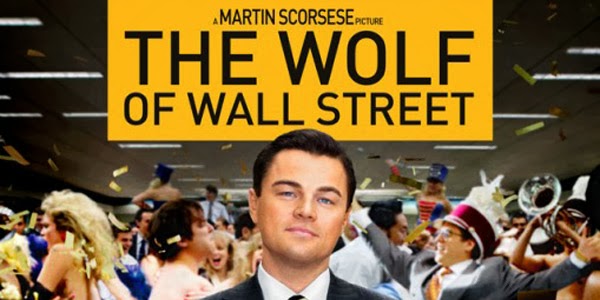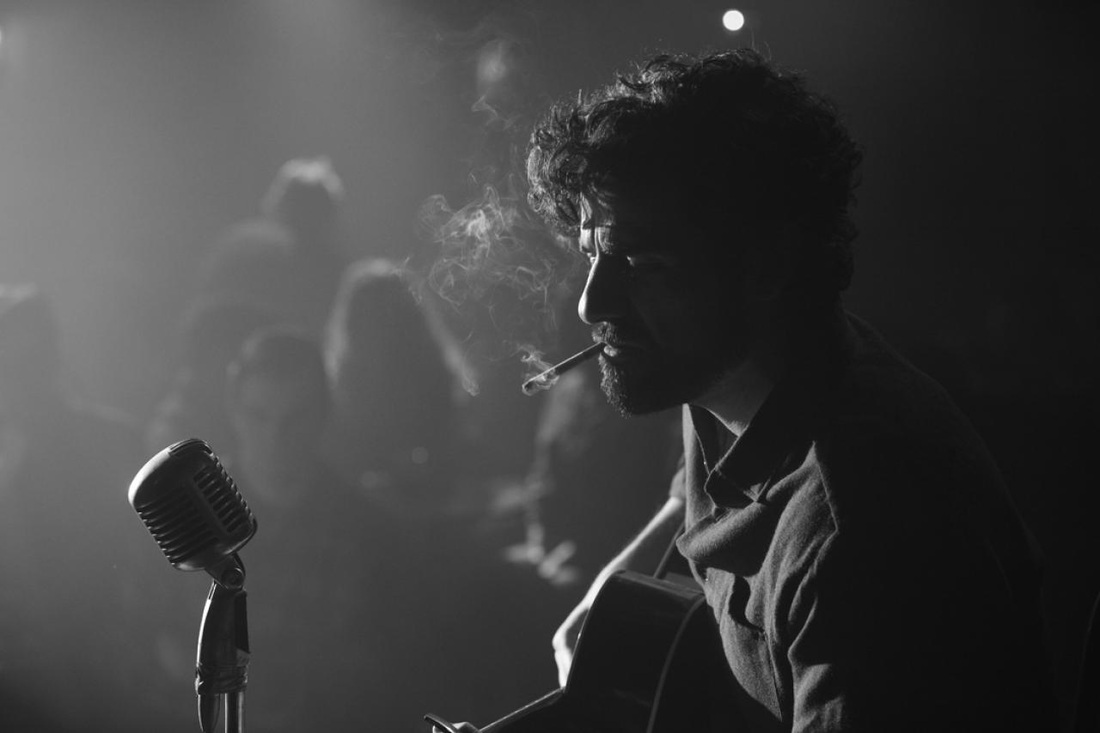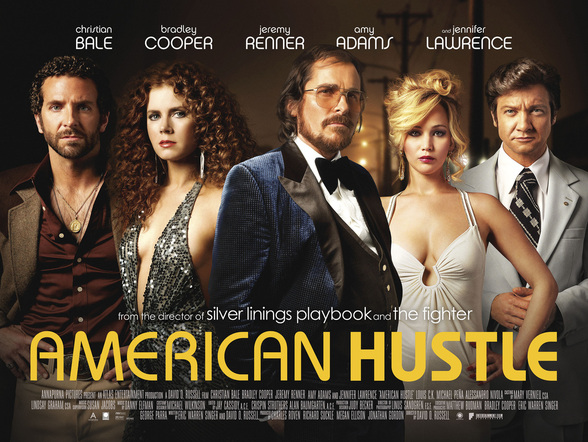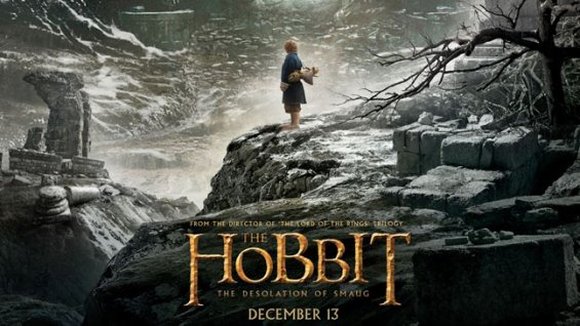|
Shakespeare's Rosalind would be happy to know her question has finally been answered. After a hundred books, a thousand articles, and four centuries of scholarship, The Wolf of Wall Street--a steamy, jittery, drug-addled festival disguised as a movie—is indeed "too much of a good thing." Leonardo DiCaprio may die before winning an Oscar, but he's solved a 390-year-old mystery. Not even the Academy can take that away from him.
4 Comments
“Your intellect may be confused, but your emotions never lie to you.” Roger Ebert would have liked Inside Llewyn Davis. It's classic Coen brothers: quirky characters, not much plot, and hey-look-at-me symbolism as eager as a high school English paper. But most of all there is raw, Oscar-friendly emotion. From the very first guitar chord—sad as a stray dog at dusk—to the final, vulnerable performance, the Coens make transparent plays for our hearts and our tear ducts.
With con artists, a broken marriage, and a top-heavy cast, you might expect American Hustle to plod along with a certain dignified seriousness, meandering through hours of art-house-style commentary on the plight of the human race. Instead, the film is joyous, hysterical, snappy, and carefree. (Take that, Academy Awards.) The story tumbles along both pleasantly and purposefully: director David O. Russell (previously, Silver Linings Playbook) lingers, then cuts, then scrambles, then stops, coaxing out laughs before forcing viewers to hold their breath. It’s the sort of tight control that feels at once finely-tuned and entirely natural.
It's been described as "transparently indulgent," "elaborately verbose," and "just really, really long." Based on the imaginative children's book by J. R. R. Tolkien, The Hobbit (film series) seeks to change the classic Middle-earth narrative in just about every way.
|
TheCroakingFrog
|





 RSS Feed
RSS Feed
